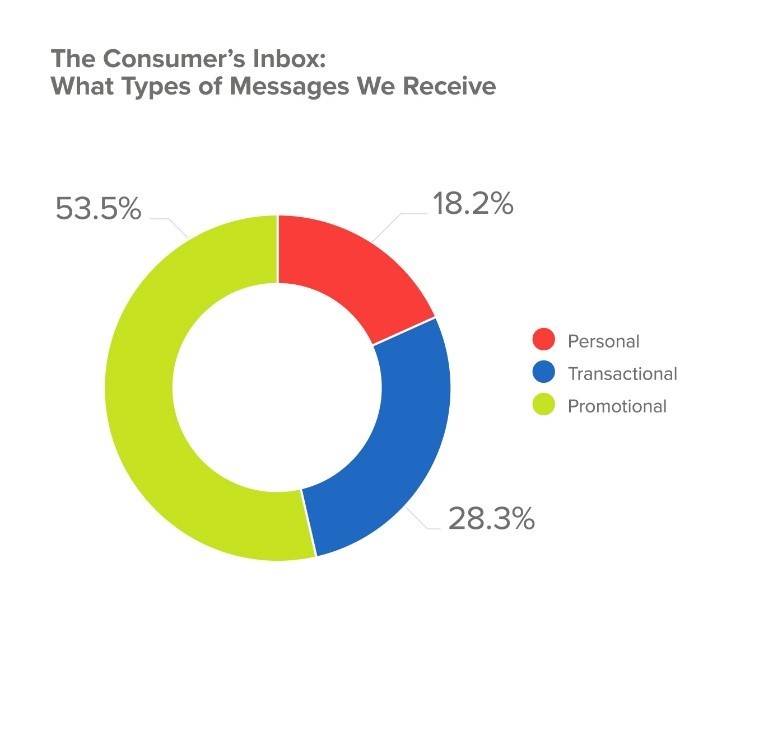CAN-SPAM refers to Controlling the Assault of Non-Solicited Pornography And Marketing which is an act that was passed in the year 2003. This law acts as a rule for the commercial email and sets out the mandate requirements that must be followed by the business organizations when sending commercial email marketing to the clients. Generally, many organizations collect the B2C and B2B database and use it to send B2C or B2B email lists to other organizations in bulk. Many of such emails are designed for the promotion of business and commercial advertisement, irrespective of the fact whether the recipient wants to view them or not.

However, in order to promote such commercial advertising and promotion of business the CAN-SPAM act has put certain restrictions. These restrictions are neither complex nor apply to sending marketing emails to bulk B2C or B2B email lists. Here is what CAN-SPAM Act state about email marketing for both B2B and B2C marketing.

No false information in the header
Every field such as ‘To’, ‘Reply-To’, ‘From’ and the routing information must consist of proper details including the name and email address of the sender. The information must be correct and should refer to any business or individual who has sent the email, and who is the recipient.
Subject line should not be deceptive
The subject line should clearly state the purpose of sending the email and should be relevant to the content of the email stated therein. The subject line should not be misleading or have any offending content.
Disclose that message is an advertisement
As per the CAN-SPAM Act, the sender must clearly state that the email message is an advertisement. There is a lot of room to signify to the recipient that the purpose of the email is marketing or advertisement.

Source: https://stock.adobe.com/
Include your physical address
The message that you are sending to the B2B email list must consist of the physical location or address of the sender. It is perfectly fine to add a postal address as registered with the U.S. Postal Service or a private mailbox as facilitated by the private mailbox service offered by a commercial mail agency. This will help the recipient to identify the location of the sender.
Opt-out or unsubscribe option in the email
Every email marketing message sent to the client or customer must have a clearly visible option to opt-out or unsubscribe from the email list. This option is helpful to understand the preference of the recipient as to whether he wants to receive such emails in the future, or wants to receive emails pertaining to any particular product and services. This also helps the marketers in updating their list and stop sending messages to the unsubscribed recipients.

Source: https://stock.adobe.com/
Accept the opt-out or unsubscribe request of the recipient
Once the sender or the marketer receives the request to opt-out or unsubscribe from receiving the email, the sender must, within 10 days after receiving such request, take appropriate steps so that the emails are not targeted to such recipients. At the same time, the sender should not charge any fee or ask the recipient to perform any act or furnish any information/details before opt-out. Once the sender receives an email or message to opt-out, the responsibility rest on sender’s shoulder to stop sending the message. Moreover, the sender is restrained from selling the information of the recipient or transferring the email address of the recipient to other marketers.
Agencies or other companies cannot send an email on your behalf
When the recipient opt-out or unsubscribe from the B2B email lists, the company cannot delegate, contract, or hire other business organizations or agencies to act on their behalf and send the email marketing messages to the unsubscribed clients. In case there is any violation of the rules, then the company whose products and services are promoted as well as the company that is sending the email to the opt-out recipient shall be held liable for legal action.
Any violation of the CAN-SPAM Act will lead to penalizing the sender with an amount of up to USD 43,792 and all those people responsible for the said violations shall be accountable for the violations. Under the CAN-SPAM Act, all emails that state misleading details or state false claims about/ the products or services shall face the same fate of violating the CAN-SPAM Act. Also, using other’s digital devices for sending spam emails without permission, using incorrect information for registering an email, transmitting spam messages, etc. shall be considered against the law and will call for criminal penalties and also imprisonment.




